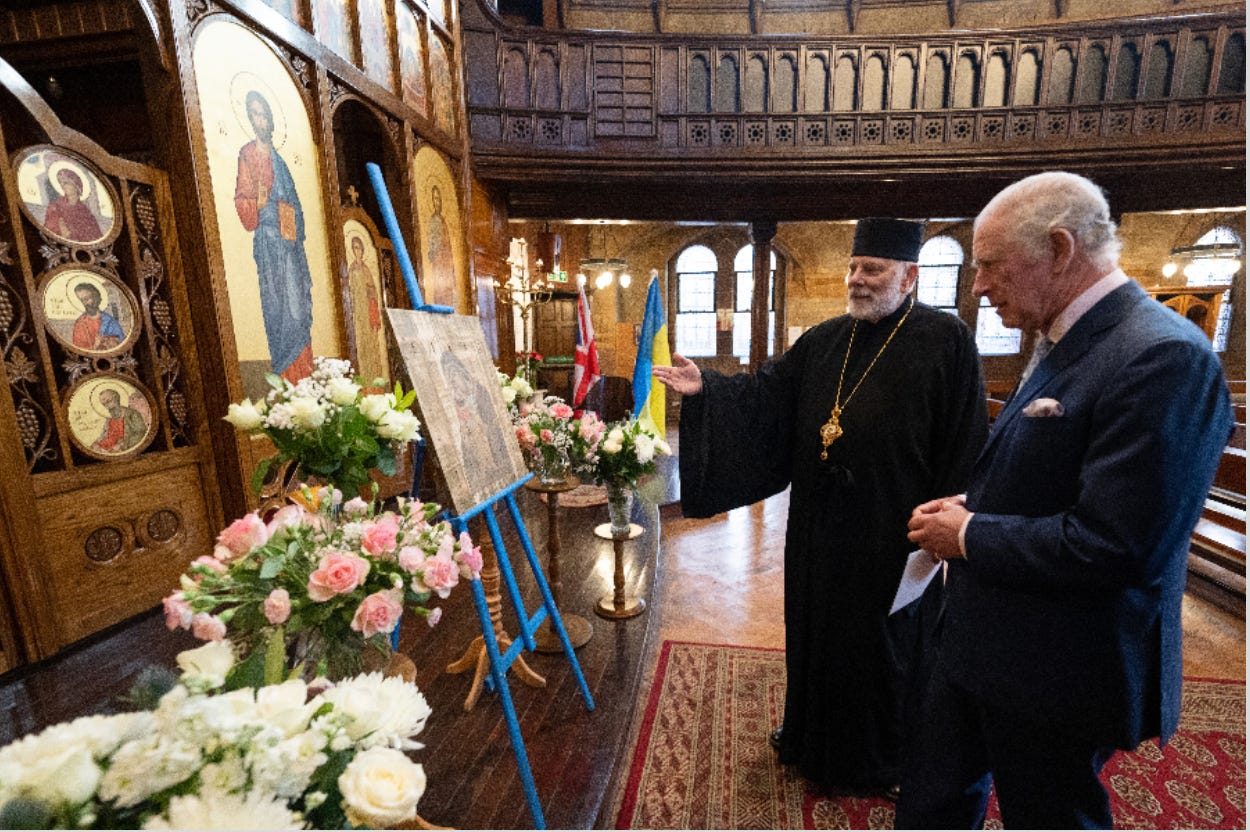King Charles III is about to deliver his first Christmas message: What’s that?
On Sunday, King Charles III will deliver the first Christmas message of his reign. Christians will be waiting to see if the King follows his mother in using the broadcast to speak about his faith.

For decades, Brits have settled down after a Christmas dinner of turkey, roast potatoes, and Brussels sprouts to watch “the Queen’s speech.”
But this year, there will be a tinge of sadness as the royal Christmas message is beamed into tinsel-covered living rooms across the country.
For it will no longer be Queen Elizabeth II sitting behind a desk crowded …
